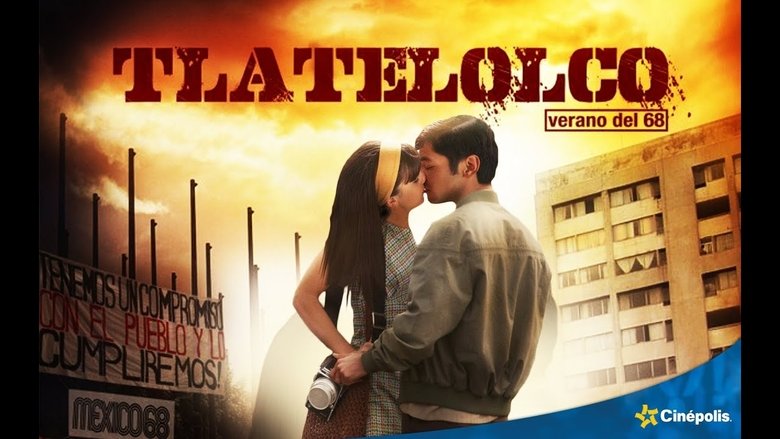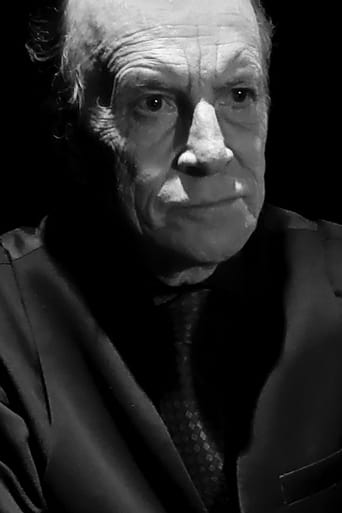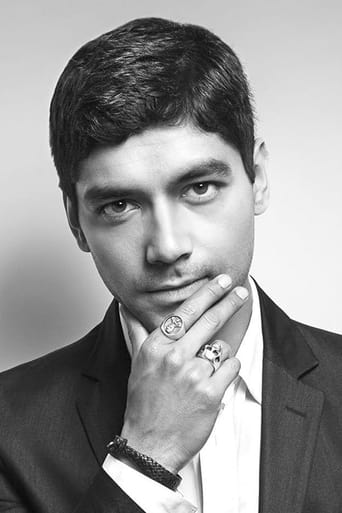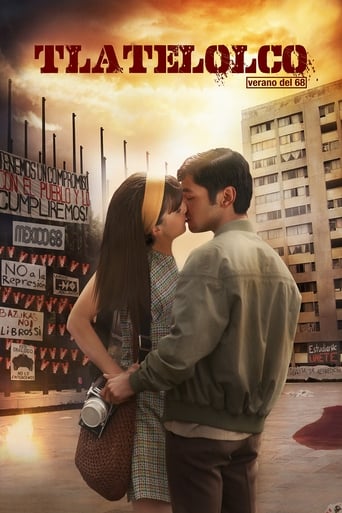
As Mexico prepares to host the 1968 Olympics, students and civilians are uniting on the streets to protest the authoritarian government. Tensions are running high and the eyes of the world are on Mexico and President Gustavo Diaz Ordaz. Ana Maria, a student photographer and daughter of a high-ranking official, finds herself embroiled in the movement and is swept off her feet by Félix, a working-class architecture student. This film remembers the events that led to one of the darkest chapters in Mexico’s recent history: the massacre at Tlatelolco, 10 days before the opening of the Olympic Games.
Similar titles
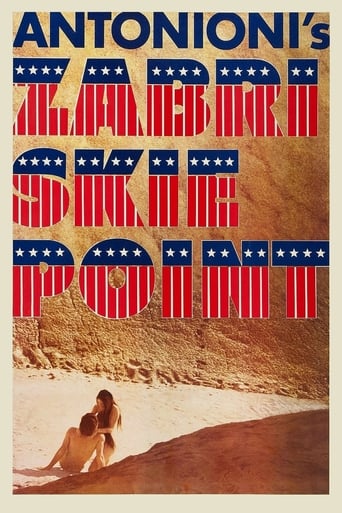
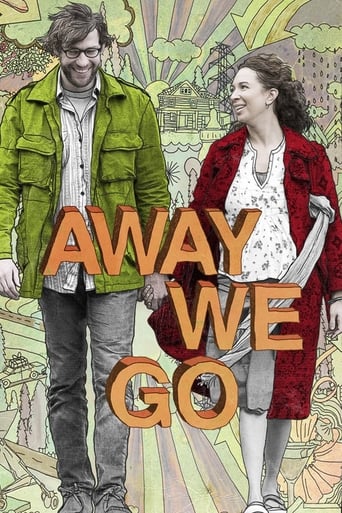
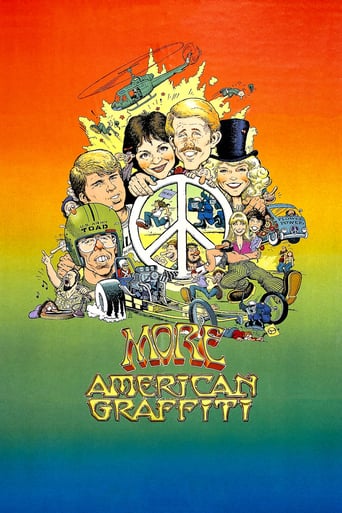
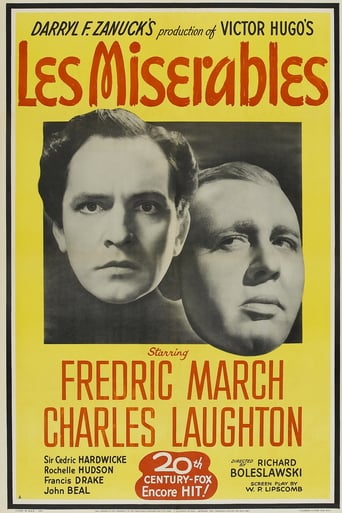

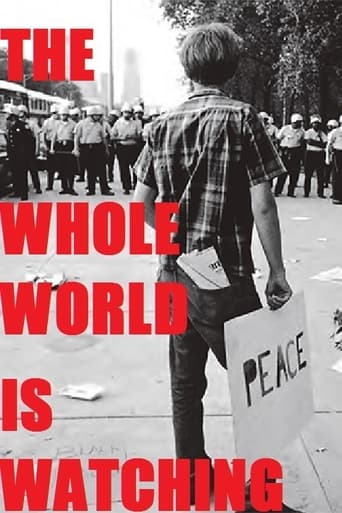
Reviews
The film makes a home in your brain and the only cure is to see it again.
A movie that not only functions as a solid scarefest but a razor-sharp satire.
It's the kind of movie you'll want to see a second time with someone who hasn't seen it yet, to remember what it was like to watch it for the first time.
The film's masterful storytelling did its job. The message was clear. No need to overdo.
Although there are the improbables (the same five secret policemen, etc.) and the unlikely Romeo and Juliet story line, as a Mexican historian (not a film critic) I was struck by how much work went into the historicity of this film.I found Juan Carlos Colombo, as the elderly general, to be an extremely "true to life" character. Old revolutionaries were sympathetic to the student movement (which — for those not familiar with Mexican history — was like similar movements in Czechoslovakia and France at the same time, seeking to open the political system to reflect the social and economic progress the country had made. In Mexico's case, expanding the gains of the 1910-20 revolution to those, like Felix (Cristian Vasquez) the provincial "Romeo" of the tale, whose families had benefited from material progress, but were still held back by the limited political system).It's nonsensical to say that, although improbable, a romance between Felix and Ana Maria wasn't possible. While class consciousness was (and still is) a factor in Mexican relationships, young Mexican women (especially those from the elites) were not under nearly the parental control that the first reviewer seems to think. Cross-class romances are the staple of our popular entertainment anyway, and this was meant to be a pop version of a particularly painful moment in our history.As to the history, while the roots of the student movement are slighted (and only incidentally do we hear of its growing popularity among the middle-class and workers), it is meticulously researched when it comes to the government's reactions, and to the often overlooked concern the state had in preserving a facade of "peace" during the Summer Games. The interspersing of Olympic preparation footage, and both photographic and film records of the student protests (and the government crackdown) are particularly effective... especially considering that much of the documentary evidence was hidden from public view for 30+ years. Roberto Sosa's chilling portrayal of President Díaz Ordaz, and Ricardo Kleinbaum as the oily "Secretary" (the still living ... and thus unnamed...Luis Echiverría)are, to most of us, historically accurate portrayals of the men who ruled us not that long ago.
In Mexico, in 1968, in order to keep the "peace" during the Olympic games that were about to start, the government decided to silence a students peaceful movement by shooting them all in a big plaza during a meeting. They were fighting for freedom of speech and no repression. This happened on October the 2th and it is a date that many still remember with indignation and sadness. The Olympic games went through beautifully without Mexico letting know the rest of the world that they had just butchered thousands of students one week before the opening of the games. So, this movie relates a lot of historical facts along a love story, that is the part that I don't like. The accuracy of the events is excellent, the students organizations are very well reflected, and the shots of the actual documentaries that recorded part of the situation in that year, give the movie a really good vintage essence. However, the part of the love story is kind of cheesy, not entirely believable, since it is the same old story mixture of Romeo and Juliet or Cinderella (where Cinderella is the man), and where nothing else than love matters. Despite all the laws and morality that "protected" women during those years (not even to mention their families), in order to get virgin to marriage, to be a good house daughter/wife and (of course) religious. That story would have not been allowed in any possible way. I still hear stories about girls that ran away with their boyfriends during those years without getting married and the families would never allow them back in her place (it still happens today). This of course doesn't happen in the movie although the parents of the girl are conservative and with old manners. The movie of course has not Hollywood budget, and although I think the message was quite well achieved, there are not enough characters, for example, the president, doesn't appear with more than two or three persons by his side in any scene. The brother of Felix, the main character, is an undercover policeman, and you find funny that he is present in every single one of the situations repressing the students. I hardly believe there were just 5 undercover policemen during those days. In this movie as well, is very well exposed the winning side (the Government, the politicians, etc.) and why they did what they did (even it is right or wrong), but however, the loosing party (the students) have not enough depth in their part of the story. For those who are not familiar with the events of 1968, will not get clear what the students were searching for, what where their convictions and what changes they wanted to do in the society. So, to make this shorter, the story is kind of OK, the art is quite decent remembering that the budget is short, the costumes are very good, and the acting of some people of the cast is amazing, Juan Manuel Bernal (the father of Ana Maria, the girl), is wonderful (I would recommend you to see him in Obediencia Perfecta; Cassandra Ciangherotti (Ana Maria) is very good too; same as Christian Vazquez (Felix); but the story leaves some blanks that I would have liked to see covered, and this subject still has a lot to offer to make a way more deep and controversial story.
Top Streaming Movies











